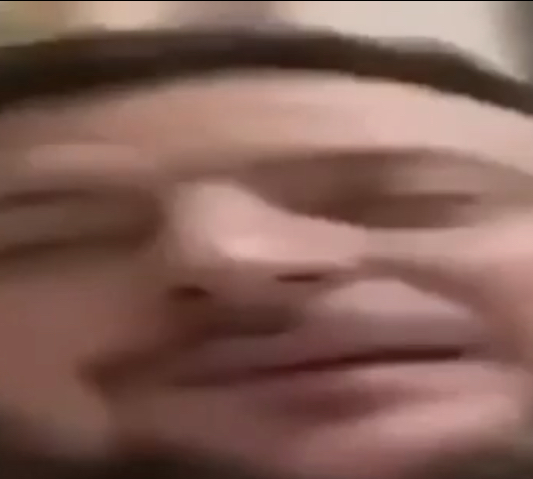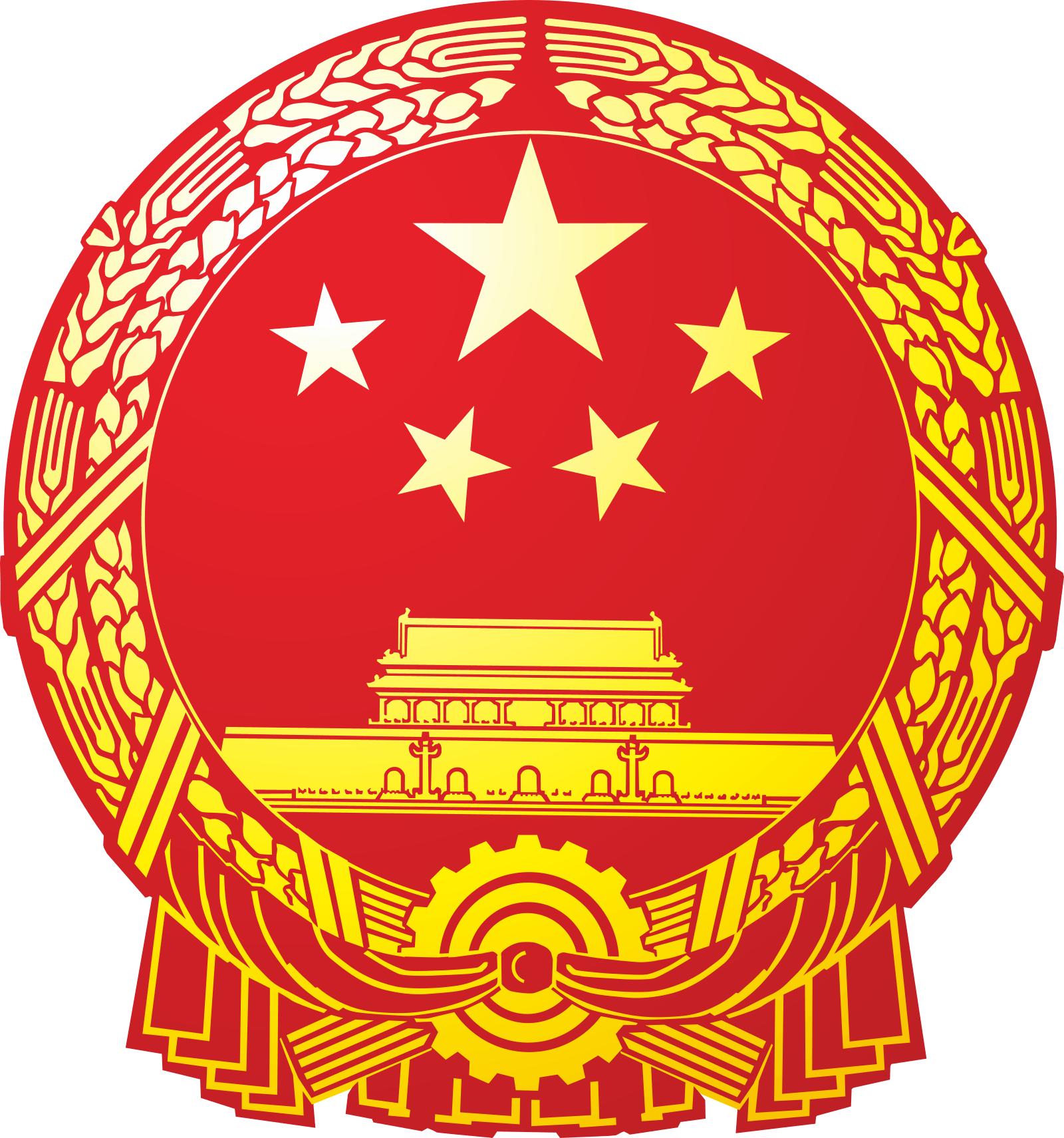- 7 Posts
- 16 Comments

 2·4 months ago
2·4 months agoI’m sorry to hear that, mate. Hope you feel better soon! I know no one will think any negative of this, but it isn’t really about other people: it’s about me. I know how much work we have to do, especially with the recent split and the elections coming up next year (it’s going to be a real shitshow, with a high likelyhood of the far-right winning again). I wanted to be a part of making our party an hegemonic force in the left-wing like we were in the first half of the 20th century. And, well, I know the party won’t be going anywhere in two years, but still.

 331·2 years ago
331·2 years agoWell, while we can dream, I’m not for unity for unity’s sake. Unity comes from shared principles and strategy, which are built through discussion and dispute.
Can’t see the post. Are there screenshots?

 6·2 years ago
6·2 years agoThanks, comrade!

 5·2 years ago
5·2 years agoBtw I did not see one single comment defending joining this war
Well, you’re looking at content curated to your taste. Sadly, this isn’t the mainstream sentiment about the war in our country. Though, to be fair, I don’t think most people here give a shit about it in the first place.

 15·2 years ago
15·2 years agoIn March 2000, an interview came out with the president of the Associação dos Agentes da Polícia Federal (Federal Police Agents Association), where he mentioned something called “Comando Delta” (Delta Command). This group was an informal association of rich and powerful men acting in a coordinated manner to defend their private interests, putting money in the campaigns of certain politicians they liked or sabotaging those they didn’t.

 19·2 years ago
19·2 years agoIronically, it was growing up in a petite-bourgeois family in a country with massive inequality and receiving a Catholic education. I was very religious as a child, but became an atheist in my early teenage years. Still, lots of what I came in contact during my Religion classes stuck with me: the talk of how rich people won’t get to heaven, Jesus beating the shit out of merchants who were defiling the temple and hanging out with the marginalised, it struck a chord with me. Even as I distanced myself from the church, than the Bible, then religion altogether, I think those ideas influenced where I ended up.

 6·2 years ago
6·2 years agoNo. Of course, Brazil is a huge country, there’s a variety of headdresses in different indigenous tribes, but they tend to look more like these:



 2·3 years ago
2·3 years agoThe history of the Roman Empire. It’s a terrible hobby to have: anyone else interested in this is either an academic, with a level of knowledge leagues above my own, or a fascist.

 1·3 years ago
1·3 years agoNo, they’re saying he hated Trotsky because Trotsky was jewish.

 0·3 years ago
0·3 years agoI’d say no. Trotskyism is incompatible with Marxism-Leninism and, to be honest, extremely ineffective as a means of political action. You’d be better off trying to create an ML organisation.

 0·3 years ago
0·3 years agoLenin’s The State and Revolution. Right into chapter one he brings up Engels’ analysis of the formation of the state:
“The state is, therefore, by no means a power forced on society from without; just as little is it ’the reality of the ethical idea’, ’the image and reality of reason’, as Hegel maintains. Rather, it is a product of society at a certain stage of development; it is the admission that this society has become entangled in an insoluble contradiction with itself, that it has split into irreconcilable antagonisms which it is powerless to dispel. But in order that these antagonisms, these classes with conflicting economic interests, might not consume themselves and society in fruitless struggle, it became necessary to have a power, seemingly standing above society, that would alleviate the conflict and keep it within the bounds of ’order’; and this power, arisen out of society but placing itself above it, and alienating itself more and more from it, is the state.”
This was extremely useful in my radicalization process, as it explained states have class characters and thus why we need a dictatorship of the proletariat.

 1·3 years ago
1·3 years agoThat depends on where you are. I, for example, live in Brazil. Right now, going around with a hammer and sickle isn’t a great idea.
Oh, I got a few fun options:
No Sino-Soviet split;
Luís Carlos Prestes manages to drum up enough of a mass movement to succeed in Brazil;
No coup on Chile, so Cybersyn continues;
Kirov doesn’t get assassinated, succeeds Stalin.

 1·3 years ago
1·3 years agoI had a Physics teacher who joked that “monarchism is the best political system because, when things are going badly, all you have to do is behead the monarch”.


Oh, I definitely have some gripes with the party. Just because we split from PCB doesn’t mean every problem in the old party has been overcome. But, to me, that’s all the more reason to stay: I believe we need to build a Marxist-Leninist party that is recognized as a dominant force within the left-wing. This requires that we are ruthless in our self-criticism in order to refine our organizational methods. I want to be a part in this, because I honestly believe that, in time, we’ll get there. But I know I’m not in a place where I can devote myself to this, not without making personal sacrifices I’m not willing to make. Still, feels bad.